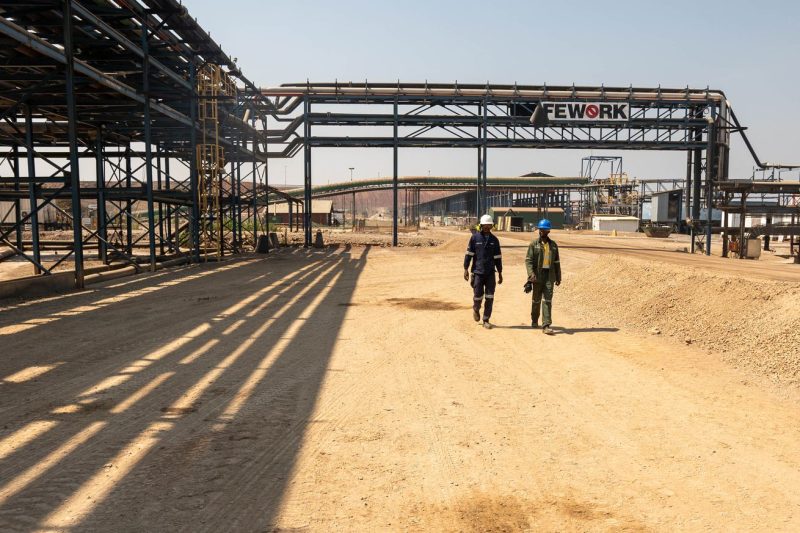The Electric Vehicle (EV) Industry’s Ethical Challenge
The electric vehicle (EV) industry, once hailed as the key to a more sustainable and environmentally friendly future, is facing a significant ethical dilemma that it can no longer ignore. Despite the positive intentions behind the shift towards electric transportation, the industry is struggling to address the stark reality of human rights abuses in its supply chain.
One of the primary issues plaguing the EV industry is the extraction of critical minerals used in batteries, particularly cobalt, lithium, and nickel. These minerals are essential components of lithium-ion batteries, the power source for electric vehicles. However, the extraction of these minerals often involves exploitative labor practices, including child labor, forced labor, and unsafe working conditions.
In regions such as the Democratic Republic of Congo (DRC), which is a major source of cobalt, reports of child labor in artisanal mines have raised significant concerns about the industry’s complicity in human rights abuses. Children as young as seven years old are often seen mining cobalt under dangerous conditions, exposing them to long-term health risks and depriving them of a proper education and childhood.
Furthermore, the lack of transparency and accountability in EV supply chains makes it challenging for companies and consumers to track the origins of minerals used in batteries. This opacity creates a breeding ground for unethical practices to thrive, as companies can easily turn a blind eye to human rights violations occurring several layers down the supply chain.
Despite growing public awareness and pressure from advocacy groups, the EV industry’s response to these human rights challenges has been largely inadequate. While some companies have taken steps to audit their supply chains and improve transparency, the systemic nature of the issue requires a more comprehensive and collaborative approach.
To address the human rights abuse problem in the EV industry, stakeholders across the supply chain must work together to establish clear standards and enforcement mechanisms. Companies should prioritize the ethical sourcing of minerals, conduct regular audits of their suppliers, and provide support for affected communities to ensure a fair and sustainable transition to clean energy.
Consumers also play a crucial role in driving change within the EV industry. By demanding transparency and ethical practices from automakers, consumers can push companies to uphold higher standards in their supply chains and prioritize the well-being of workers and communities affected by mining operations.
In conclusion, the electric vehicle industry’s ethical challenge cannot be ignored any longer. The industry must confront its human rights abuse problem head-on and take decisive action to ensure that its transition to clean energy is truly sustainable and ethical. Only through collective effort and a commitment to accountability can the EV industry live up to its promise of a greener and more ethical future.

